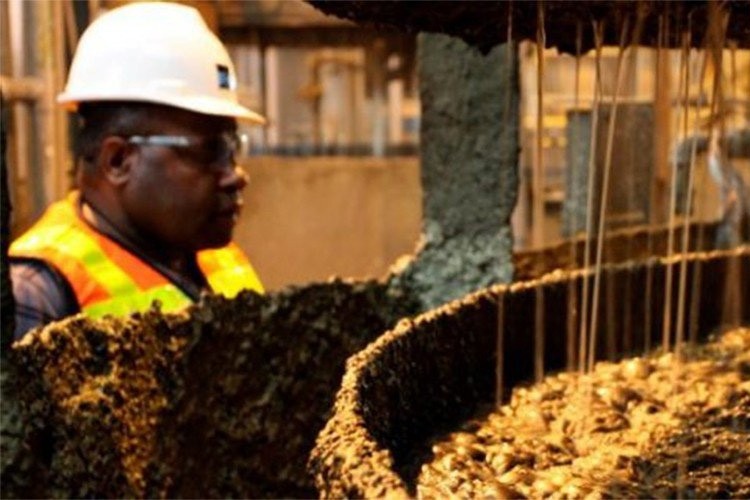Govt warned of risks from policy flip-flop
Change Size
 Value added output: A worker monitors the mineral flotation process to produce copper, gold and silver concentrates in one of Freeport Indonesia's facilities. The dried concentrates are taken to Amamapare port, Papua and shipped to molding factories. (Kompas/B. Josie Susilo Hardianto)
Value added output: A worker monitors the mineral flotation process to produce copper, gold and silver concentrates in one of Freeport Indonesia's facilities. The dried concentrates are taken to Amamapare port, Papua and shipped to molding factories. (Kompas/B. Josie Susilo Hardianto)
T
he government’s proposed relaxation of an impending export ban of unprocessed mineral ore will raise risks and discourage miners from constructing smelters as per requirements, experts have warned.
Interim Energy and Mineral Resources Minister Luhut Pandjaitan recently proposed that several commodities be allowed an export extension for three to five years, depending on each company’s smelter development progress and commodity prices.
Luhut, who is also the coordinating maritime affairs minister, suggested that the ban relaxation be inserted into the upcoming revision of the 2009 Mining Law, which has been included in this year’s National Legislation Program (Prolegnas).
However, ReforMiner Institute researcher Komaidi Notonegoro said that only mining companies would reap the benefits of such an extension as they would most likely focus on exporting, instead of meeting domestic demand.
Small mining companies would enjoy the benefit of the relaxed ban as well, but only in the short term, because large companies would still “have the final say” on commodity prices, thanks to latter’s vast supplies of mineral ore that dominate the market.
“It’s not a matter of whether or not the smaller companies can remain competitive, but they will not be able to dictate the market,” he said on Thursday.
In terms of smelter construction, Komaidi said smelter companies would be at a disadvantage as well, while the Processing and Smelting Companies Association (AP3I) has slammed the proposal, saying the extension will create uncertainty for investors about the government’s seriousness in developing the downstream sector.
AP3I deputy chairman Jonatan Handojo said that the relaxation would allow larger companies who had been unenthusiastic about constructing smelters to further postpone any development in favor of exporting mineral ore.
The Mining Law revision has been highly anticipated as the ban on raw mineral exports will be implemented on Jan. 12, 2017. The purpose of the ban is to encourage smelter development to strengthen the industry’s downstream sector.
The ban was originally scheduled for implementation in 2015, but was pushed back and mining companies have been granted permits to export raw minerals for six months at a time, as long as the mining firms that work on smelter projects deposit 5 percent of their total investments at local banks as collateral.
Data from AP3I show that as many as 27 smelters have been constructed between 2012 and 2016 with a total investment of US$12 billion.
This does not include gold and copper mining giant Freeport Indonesia, whose progress on its planned smelter in Gresik, East Java, remains ambiguous. The government recently granted the company a permit to continue exporting 1.42 million tons until next January.
Meanwhile, Marwan Batubara of Indonesian Resources Studies (IRESS) said the export ban should still apply to commodities that already had many smelter facilities.
“Smelters should still be constructed, but the government can choose what kind of mineral extracts can still be exported and which ones should not. For example, we should not allow exports of nickel because we already have many nickel smelter facilities in the country.”
There are 20 smelters dedicated to ferronickel, nickel pig iron and nickel hydroxide with a national demand of 41.6 million wet metric tons (WMT) of nickel ore per annum.
State-owned diversified miner Aneka Tambang (Antam) has already shown enthusiasm for the relaxation of the ban and is ready to start exporting if such an allowance was implemented, as stated by president director Tedy Badrujaman.
Company data reveals that it has 988.2 million WMT in nickel ore reserves, consisting of 580.2 million WMT in high-grade nickel and 408.1 million WMT in low-grade nickel as of last year.









